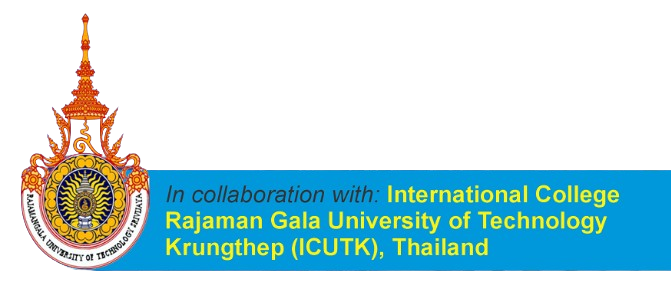RECONSTRUCTING CRIMINAL POLICY IN RESPONSE TO BITCOIN-DRIVEN MONEY LAUNDERING: BETWEEN ANONYMITY AND LEGAL CERTAINTY IN INDONESIA
DOI:
https://doi.org/10.55751/jfhu.v2i01.142Keywords:
Bitcoin, Money Laundering, Criminal Policy, Legal Reform, AnonymityAbstract
The emergence of Bitcoin as a decentralized digital asset has presented new challenges in combating financial crime, particularly money laundering. The pseudo-anonymity and cross-border capabilities of Bitcoin create complexities in law enforcement, especially in Indonesia, where regulations are still lagging behind. This study uses a legal-normative approach to analyze gaps in Indonesia's criminal law policies in responding to Bitcoin abuse. Through doctrinal analysis and comparison with policy models in the United States and Singapore, three main dilemmas were identified: weak legal substance, limitations in digital evidence, and lack of institutional coordination. This study formulates an integrative criminal policy model that includes regulatory reform, updating legal procedures based on digital evidence, and the establishment of an inter-agency task force. This model aims to address the need for adaptive legal reforms in the era of digital crime. These findings contribute theoretically to the development of cyber-criminal law and practically to the formulation of responsive and sustainable law enforcement strategies.










